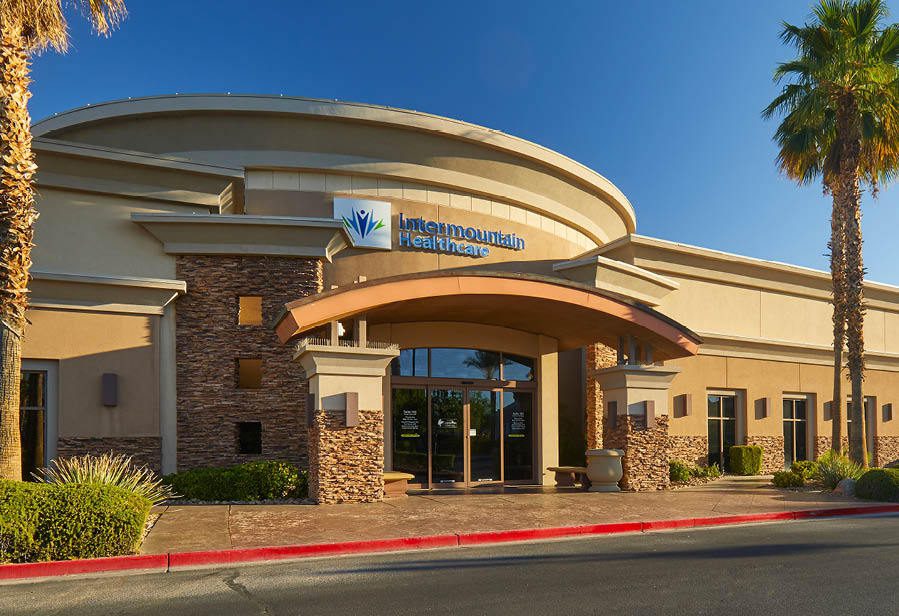Immunotherapy is a type of biological treatment which uses your own immune system to fight cancer. While it works better against some types of cancer than others, it can be used in a general way, or to target specific cancer cells.
Types of immunotherapy:
Monoclonal antibodies and tumor-agnostic therapies
Also known as therapeutic antibodies, monoclonal antibodies are manmade proteins that attach to specific targets on cancer cells. This may kill the cancer directly but it also marks cancer cells to be recognized and attacked by other immune cells.
Non-specific immunotherapies
Non-specific immunotherapies are used when targeted therapies are not necessary. In this case, non-specific therapy is used to boost the entire immune system so that it can attack all cancer cells.
Oncolytic virus therapy
Cancer cells are more sensitive to infection and certain viruses can be modified to attack cancer cells directly. This allows the virus to enter the cells which then causes them to die.
T-cell therapy
With t-cell therapy, your own immune cells are gathered and used in treating the cancer. While this is mostly used in patients with blood cancers, it can also be used against solid tumors, and more advancements are being made for its use all the time.
Cancer vaccines
Just as vaccines can be used to boost your body’s immune response against certain pathogens, they can also be used to build your response against cancer. These include cytokines, which are proteins that are an important part of your body’s immune response, and Bacillus Calmette-Guérin (BCG), which is a type of bacterial protein used to treat bladder cancer.
Immunotherapy vs. chemotherapy
While immunotherapy works by empowering your body’s immune system to fight cancer, chemotherapy uses drugs to kill rapidly dividing cancer cells. However, chemotherapy isn’t discriminatory, and all fast-dividing cells including healthy digestive tract, blood and hair follicles cells are also attacked.
Since chemotherapy works at shrinking tumors immediately while immunotherapy normally takes longer to see results, chemo is more likely to be used in advanced, more urgent cancer treatments.
Immunotherapy side effects
The side effects of immunotherapy are usually the result of an overactive immune system. They may vary depending on your health before treatment, the type and stage of the cancer, and the kind of therapy you are receiving.
Some common side effects may include:
- Fatigue
- Cough and dyspnea (resembles pneumonia)
- Decreased appetite
- Diarrhea
- Weight loss
- Nausea
- Vomiting
- Rash
- Blisters, possibly along with a rash
- Headache
- Insomnia
Dangerous side effects can also occur immediately, or as long as 2-years after treatment. These may include:
- Inflammation of the lungs
- Inflammation of the liver
- Inflammation of the colon
- Endocrine disruption
- Swelling of the brain
- Kidney problems, including kidney failure
- Severe infection
- Severe allergic reaction to the infusions
Since some side effects of immunotherapy are life-threatening, it is important that a physician be notified immediately upon experiencing any of them.
Immunotherapy procedure details
Treatments may be given daily, weekly or monthly depending on the type of therapy, the type and stage of cancer, and how your body reacts to the treatment. Some immunotherapy treatments may be given in cycles, meaning time is given between treatments to allow your body to recover and regenerate healthy cells.
Treatment also includes frequent doctor visits for testing to ensure they are working and to monitor your health. This includes physical tests as well as blood tests and other scans.
Speak with us about immunotherapy
When it comes to cancer, early detection, and high-quality treatments are critical in increasing your chance of survival. At Intermountain Health, our goal is to provide you with only the best Oncology/Hematology care possible so that you have the best odds of beating this terrible disease. With clinics and providers conveniently located throughout Southern Nevada along with an easy appointment setting, you can rest assured that we are readily available for all your healthcare needs. To make an appointment today, simply call 702-852-9000, or go here to use our convenient online appointment scheduler.





